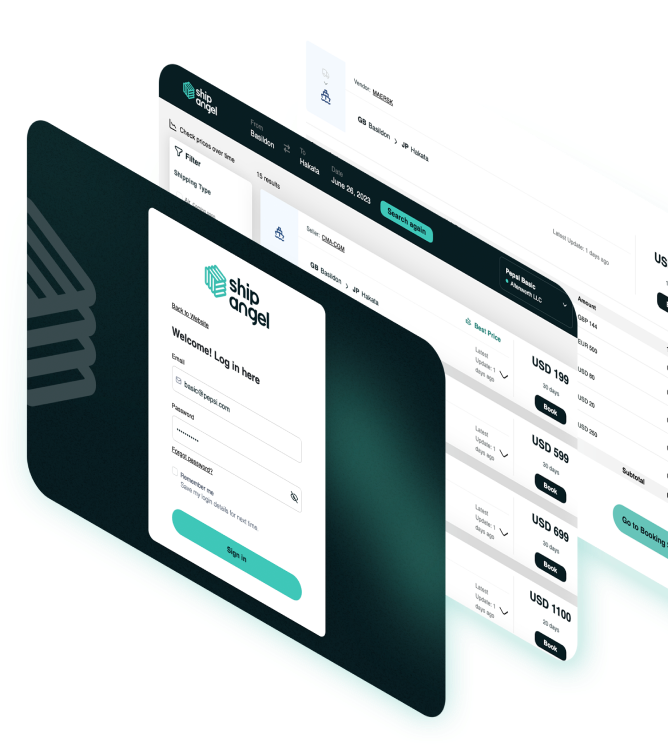
The COVID-19 pandemic significantly accelerated the adoption of modular and configurable supply chain technology. The disruptions caused by the pandemic, such as supply chain interruptions, demand fluctuations, and workforce shortages, highlighted the need for greater flexibility, adaptability, and resilience in supply chain operations.
Indeed, in the years following the pandemic, supply chains continued to embrace such technology due to the continuing growth of a complex and dynamic global supply chain environment. However, to truly harness the power of supply chain technology, it's essential to adopt personalized workflows that align with each organization's unique needs and challenges.
Personalized workflows refer to the tailoring of technology and processes to meet an individual or organization's specific needs and preferences within the supply chain.
A modular and configurable approach to supply chain technology is beneficial for achieving personalized workflows. By adopting this approach, users can tailor the supply chain technology to their evolving business needs. As their operations change, they can add or remove modules, configure existing components, and integrate new technologies seamlessly. This flexibility ensures that their technology investment remains relevant and effective over time.
Perhaps one of its greatest advantages is the flexibility achieved by a modular and configurable approach. Flexible supply chains are often more resilient and adaptable to increasing risks such as the Red Sea Crisis, threats of strikes, and economic concerns that are impacting global supply chains.

Speaking of risks, a modular approach can also help mitigate risks associated with technology implementation. If a problem arises with one module, it can be isolated and addressed without affecting the entire system. This reduces the potential for disruptions and minimizes the impact of failures.
Additional benefits to modular and configurable workflows include reduced costs and quicker implementation by installing only the modules needed, easier integration into enterprise systems such as ERPs, and more straightforward and faster upgrades to maintain a competitive edge.
How International Shipping Benefits
An international shipping operation is complex by nature. However, adopting a customizable workflow can make the operation and supply chain more flexible and agile. In addition, customizable and modular workflows can help organizations avoid delays or fines and automate repetitive tasks, allowing them to focus on other tasks, such as strengthening customer relationships.
With customizable workflows, shippers can benefit by aligning the shipping process with its requirements, reducing costs and potential delays, and improving relationships with stakeholders, including carriers, forwarders, and other logistics providers.
How Ship Angel Can Help
In conclusion, a modular and configurable workflow approach to supply chain technology offers numerous benefits, including flexibility, scalability, customization, faster implementation, reduced risk, cost-effectiveness, improved integration, and continuous improvement. By adopting this approach, organizations can tailor their technology solutions to their specific needs, optimize their supply chain operations, and drive long-term success.
To learn how Ship Angel can help you, please request a demo.
 Graham Parker
Graham Parker
 August 28, 2024
August 28, 2024
